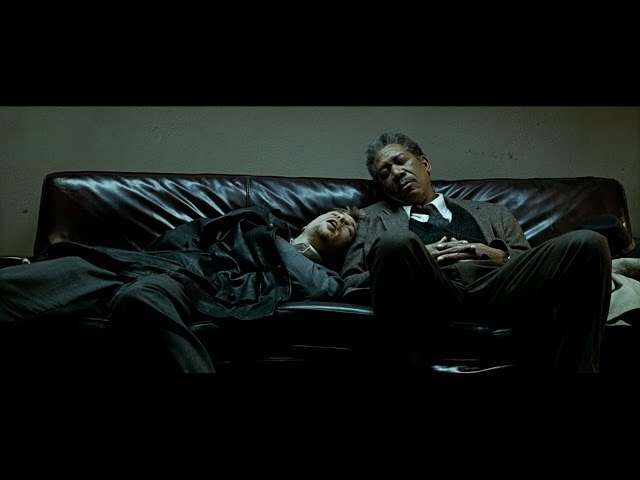A new video reviews the evolution of David Fincher’s craft

With his latest film, Gone Girl, opening this weekend to rave reviews (The A.V. Club’s Ignatiy Vishnevetsky gave it an A- and calls it “cold, cruel and often very funny”), this is an opportune time to reflect on the filmography of David Fincher. In his Every Frame A Painting series, Tony Zhou examines different elements of filmmaking—whether it’s a particular filmmaker (like Edgar Wright or Michael Bay), a specific film (like The Imposter), or even a trend in moviemaking (how texting and the Internet are used) to appreciate some unique aspect that is being brought to cinema. These in depth analyses show a lot of attention to how films are shot, edited, and what stylistic flairs various auteurs bring to all of their projects. In creating these meditations on blocking, camera positions, and recurring themes in the works of great filmmakers, Zhou is delivering great film school lessons in five- to eight-minute chunks.





















![HBO teases new Euphoria, Larry David, and much more in 2026 sizzle reel [Updated]](https://img.pastemagazine.com/wp-content/avuploads/2025/12/12100344/MixCollage-12-Dec-2025-09-56-AM-9137.jpg)


















